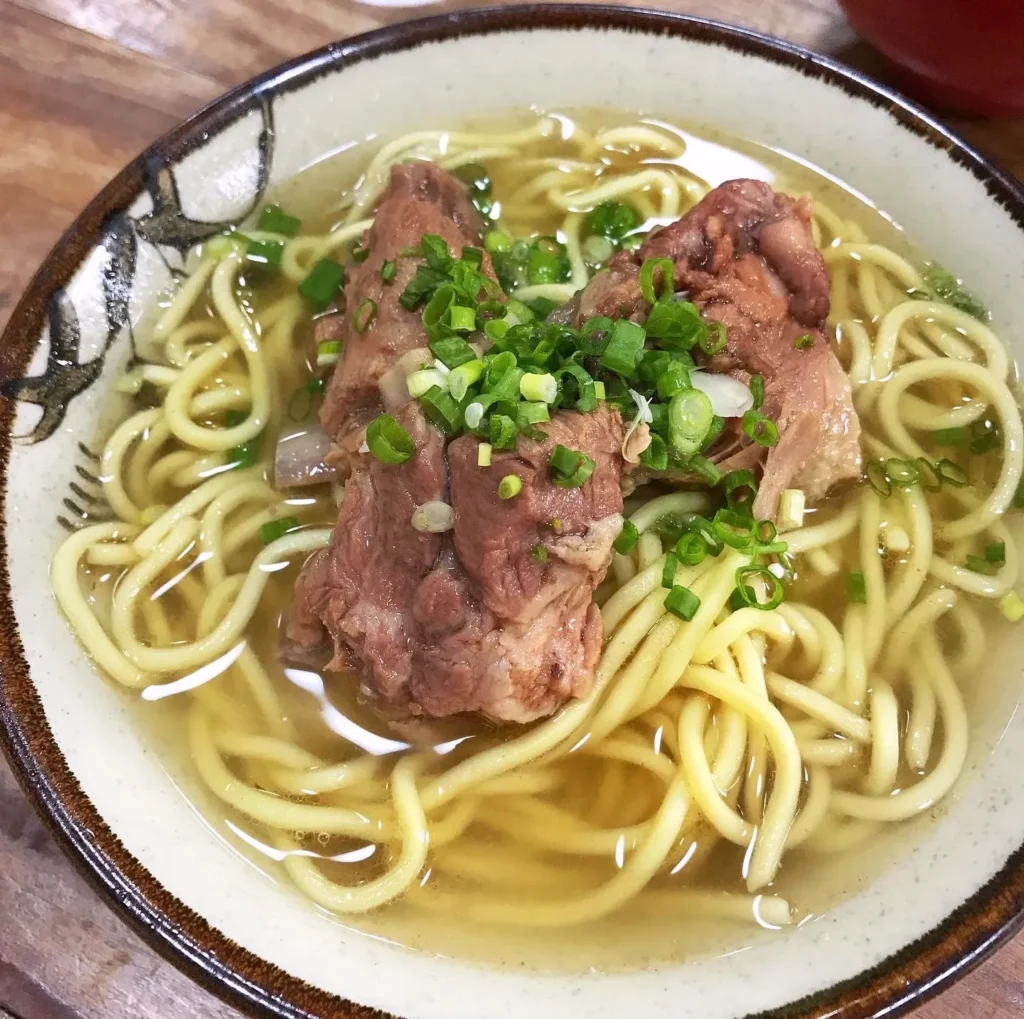Okinawan cuisine is a unique blend of influences from Japan, China, Southeast Asia, and the Pacific Islands. The cuisine of this island region is known for its vibrant flavors, fresh ingredients, and health benefits. In this article, we will delve into the diverse and delicious world of Okinawan cuisine, exploring its history, ingredients, and popular dishes.
The History of Okinawan Cuisine
Okinawan cuisine has a rich history that dates back centuries. The cuisine of Okinawa has been influenced by various cultures, including Chinese, Japanese, and Southeast Asian. Due to its location in the Ryukyu Islands, Okinawan cuisine has also been influenced by trade with other countries in the region. This unique blend of flavors and ingredients has resulted in a cuisine that is unlike any other in Japan.
Key Ingredients in Okinawan Cuisine
Okinawan cuisine is known for its use of fresh, local ingredients that are abundant on the island. Some key ingredients in Okinawan cuisine include:
1. Purple Sweet Potatoes
Purple sweet potatoes are a staple in Okinawan cuisine and are used in a variety of dishes, from savory stews to sweet desserts. These potatoes are rich in antioxidants and have a unique flavor that sets them apart from other varieties.
2. Bitter Melon
Bitter melon is a popular vegetable in Okinawan cuisine and is known for its bitter flavor. This vegetable is often used in stir-fries and soups and is believed to have numerous health benefits, including lowering blood sugar levels.
3. Mozuku Seaweed
Mozuku seaweed is a type of seaweed that is native to Okinawa and is commonly used in salads and soups. This seaweed is rich in nutrients and is believed to promote good health and longevity.
Popular Dishes in Okinawan Cuisine
Okinawan cuisine is known for its delicious and healthy dishes that showcase the island’s fresh ingredients. Some popular dishes in Okinawan cuisine include:
1. Goya Champuru
Goya champuru is a stir-fry dish made with bitter melon, tofu, eggs, and pork. This dish is a staple in Okinawan cuisine and is known for its unique combination of flavors and textures.
2. Rafute
Rafute is a braised pork dish that is simmered in a sweet and savory sauce. This dish is tender and flavorful and is often served with rice and pickled vegetables.
3. Okinawa Soba
Okinawa soba is a noodle soup dish that features thick wheat noodles in a savory broth. This dish is often topped with pork belly, green onions, and pickled ginger, and is a favorite among locals and tourists alike.
Health Benefits of Okinawan Cuisine
Okinawan cuisine is known for its health benefits, with many of its dishes being low in fat and high in nutrients. The traditional Okinawan diet is rich in fruits, vegetables, and lean proteins, which are believed to contribute to the longevity of the island’s inhabitants. Some key health benefits of Okinawan cuisine include:
1. Longevity
Okinawa is known for having one of the highest rates of centenarians in the world, and many attribute this to the island’s traditional diet. The Okinawan diet is rich in antioxidants, which are believed to promote longevity and overall health.
2. Weight Loss
The traditional Okinawan diet is low in fat and calories, making it an ideal choice for those looking to lose weight or maintain a healthy weight. The diet is also high in fiber, which can help to keep you feeling full and satisfied.
3. Heart Health
Okinawan cuisine is rich in heart-healthy ingredients, such as fish, tofu, and vegetables. These ingredients are believed to help lower cholesterol levels and reduce the risk of heart disease.
Conclusion
Okinawan cuisine is a unique and flavorful cuisine that is rooted in tradition and history. The cuisine of Okinawa is known for its fresh ingredients, vibrant flavors, and health benefits. From purple sweet potatoes to bitter melon, Okinawan cuisine offers a diverse array of dishes that are both delicious and nutritious. Whether you are looking to explore a new cuisine or improve your health, Okinawan cuisine is sure to delight your taste buds and nourish your body.
#Exploring #Unique #Flavors #Okinawan #Cuisine


